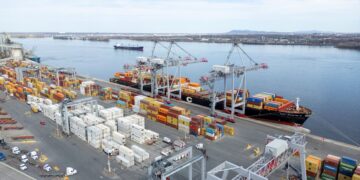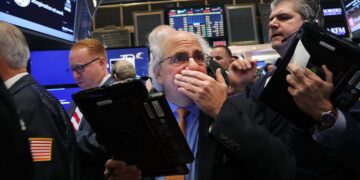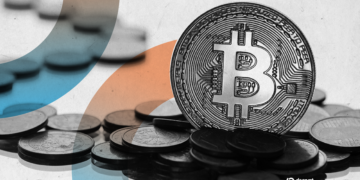Warren Buffett’s decision to sell two major S&P 500 ETFs, the SPDR S&P 500 ETF Trust (SPY) and the Vanguard S&P 500 ETF (VOO), has triggered anxiety and uncertainty among investors. As the legendary CEO of Berkshire Hathaway, Buffett’s moves are often seen as signals for market trends.
Advertisement: High Yield Savings Offers
Find Out: 10 Genius Things Warren Buffett Says To Do With Your Money
However, while it’s tempting to interpret this sale as a warning that a major downturn is coming, there are strong reasons to believe Buffett’s actions reflect a long-standing philosophy of discipline and valuation awareness, not panic.
Here’s why the broader market outlook may not be as dire as some fear.
But if you are worried, take a look at some strategies investors are using during market turbulence.
Throughout his career, Buffett has emphasized patience, discipline and a reluctance to chase overheated markets. His recent selling fits within that playbook.
Eugenia Mykuliak, founder and executive director of B2PRIME Group, said, “His move right now may just be an indicator of the increased selectivity and discipline he’s been talking about for years.”
Rather than making a fear-driven exit from the market, Buffett appears to be strategically reallocating capital — a key distinction.
Learn More: 15 Investments Warren Buffett Regrets
One factor likely behind Buffett’s decision is the current high valuation of the U.S. stock market. Metrics like the Shiller P/E ratio (CAPE) remain well above historical averages, suggesting that future returns could be muted.
“If metrics like the Shiller P/E (CAPE) remain high for an extended period, it could cause concerns,” Mykuliak explained.
However, she added that today’s valuations are not as extreme as the levels seen before the dot-com crash or even the post-COVID-19 pandemic surge.
Vince Stanzione, CEO and founder at First Information, pointed out that Berkshire Hathaway has been steadily raising its cash reserves, suggesting Buffett sees few compelling opportunities at today’s prices.
“The reason for the high cash pile is likely a lack of opportunities and what is still an expensive market even after the recent falls,” Stanzione said.
While these signals have raised concern among some investors, experts like Stanzione suggest they’re more indicative of a challenging environment for outsized returns and not necessarily signs of an imminent market collapse.
















